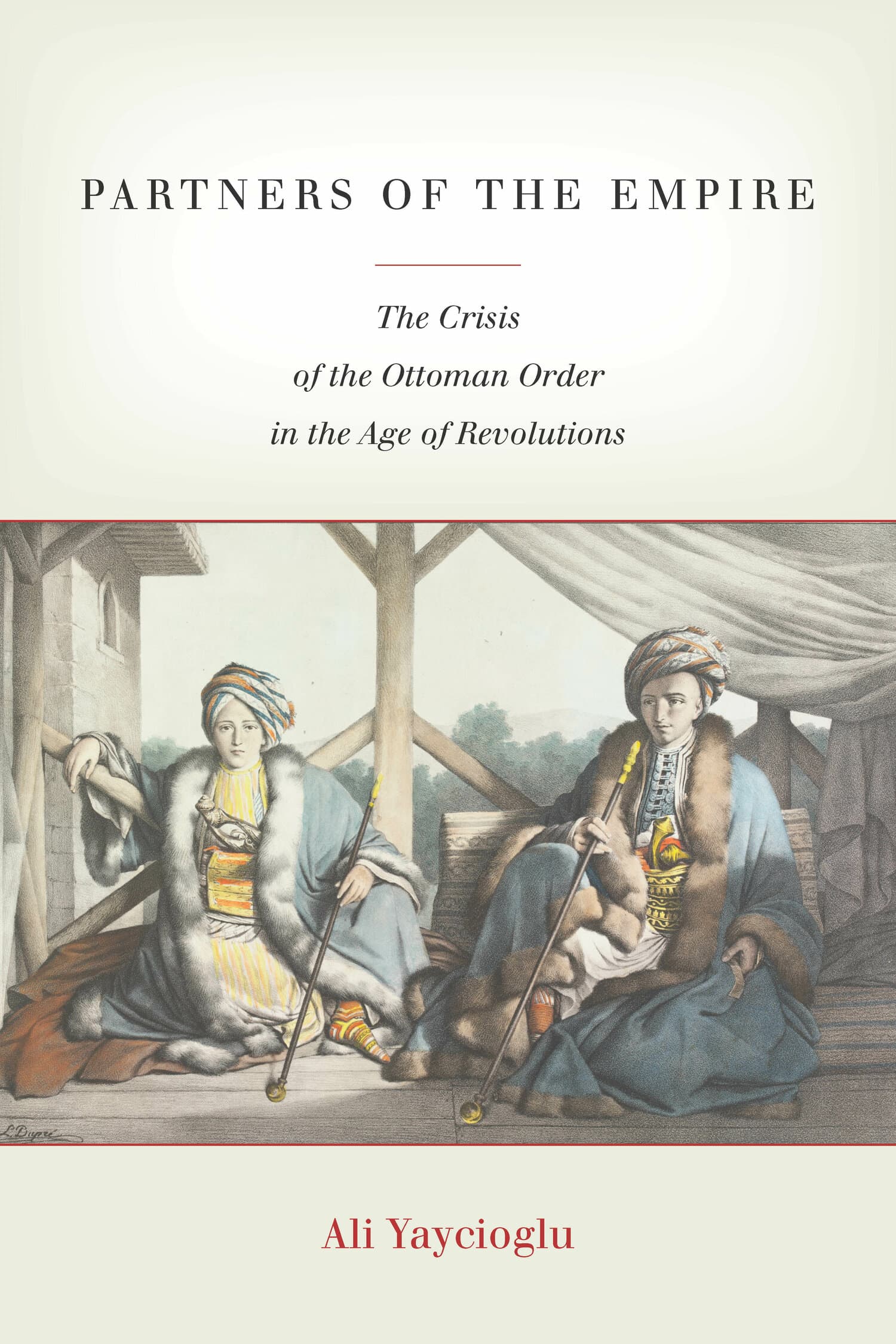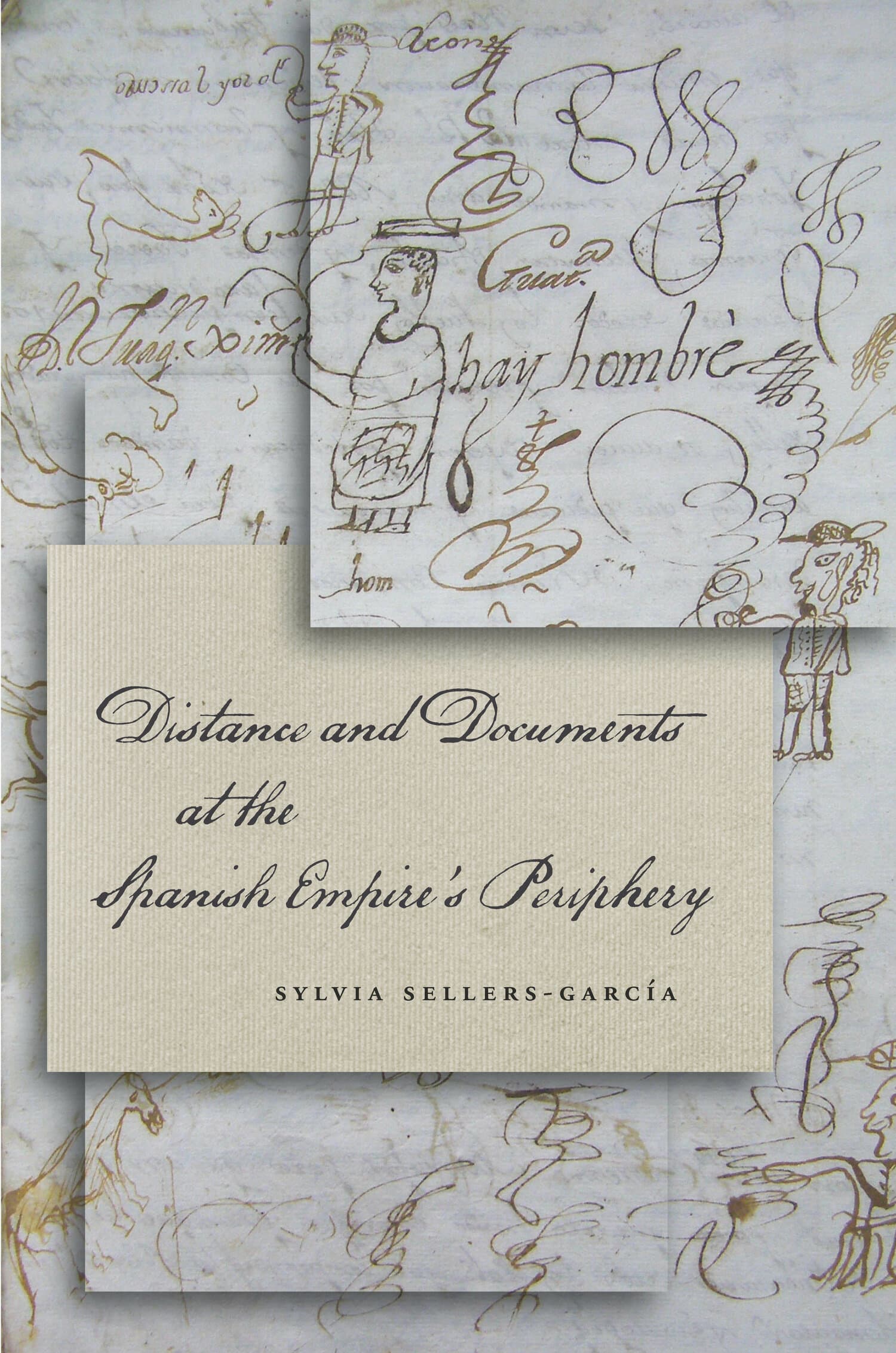Enduring Empire

In 1898 the United States became a formal overseas empire and claimed sovereignty over the Philippine islands, justifying its rule in explicitly racial terms. Less than fifty years later, in 1946, Philippine independence was recognized by the United States, even as it continued to exert influence over the domestic and foreign affairs of the newly decolonized Republic. Despite some differences, U.S. control remained racial and imperial.
Enduring Empire shows how U.S. federal state actors translated their ideas of race into state structures. Through innovating constitutional law, bureaucratic administration, and legislation, state actors built a durable and flexible system of racial-imperial rule that not only lasted beyond the period of formal empire but continues to this day. katrina quisumbing king traces debates among U.S. presidents, federal legislators, administrators, and justices about what kind of state the United States should be, the place of nonwhite people in the polity, and the best way to maintain U.S. white hegemony. In charting how state actors' positions—some nativist, isolationist, and protectionist and others expansionist, interventionist, and imperialist—evolved, quisumbing king identifies key moments when they cemented racial ideas into law and reshaped the terms of U.S. racial-imperial formation.
—Julian Go, author of Policing Empires
"Methodically rigorous, clearly written, and engaged with cutting-edge literatures, Enduring Empire is a truly remarkable book. Building on a substantial, carefully assembled research base, it brings innovative social scientific analysis to bear on the tangled history of race, empire, and statecraft in the United States and the Philippines."
—Christopher Capozzola, Massachusetts Institute of Technology
"Enduring Empire's key contribution is to move beyond the question of 'whether"' the US was an empire and tell us 'how' it worked (and continues to work) as an empire. This fascinating study of the Philippines shows not just the process through which a larger racialized structure of US imperial rule was fashioned and then refashioned, but also to explain why and when this happened. A significant contribution."
—Jonathan Wyrtzen, Yale University




